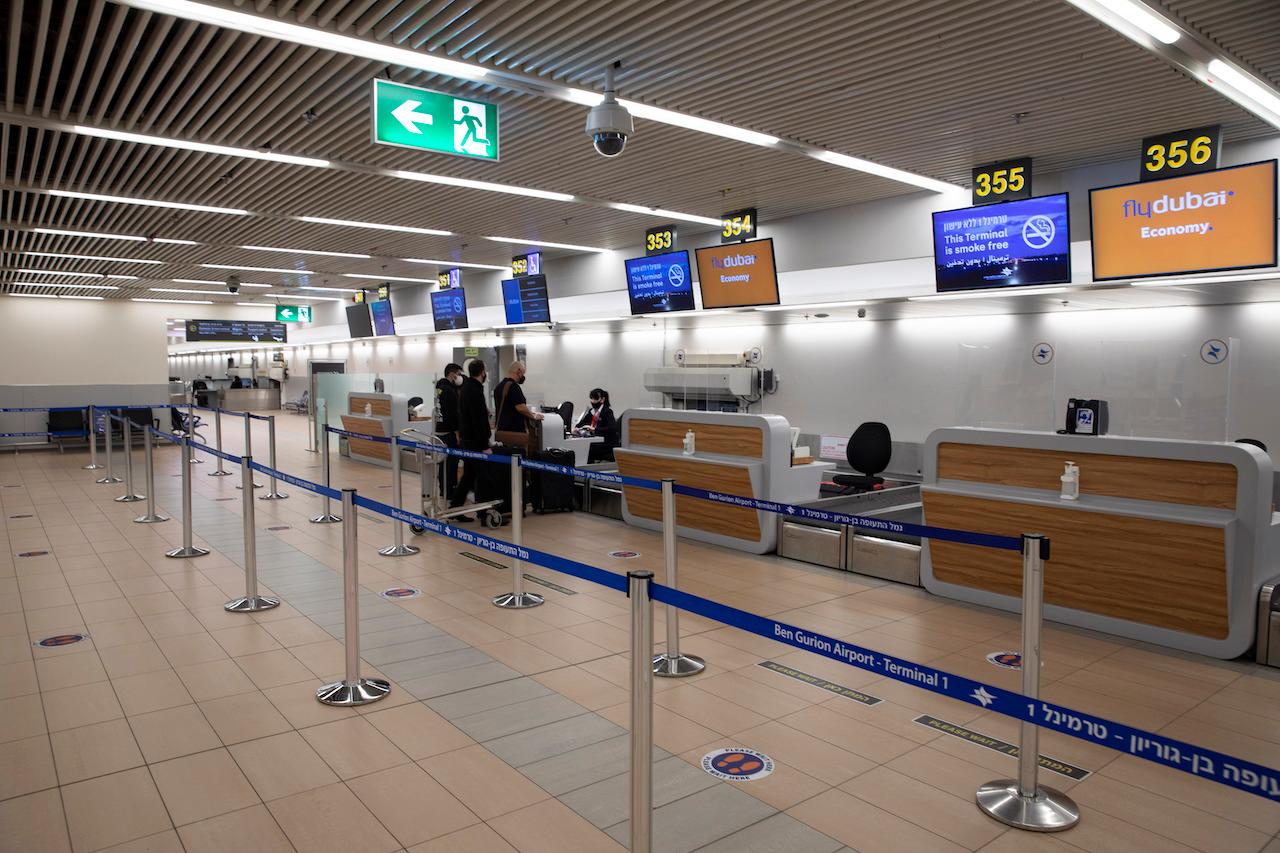UAE issuing tourist visas to Israelis ahead of ‘visa on arrival’ agreement
This follows the suspending of visas to 13 mostly Muslim states.
Just In
The United Arab Emirates (UAE) launched tourist visas for Israeli citizens on Thursday in the latest move to follow the normalisation of ties between the two countries.
“Abu Dhabi’s foreign ministry announced the activation of tourist entry visas through airlines and travel and tourism offices for Israeli passport holders,” the official WAM news agency reported.
The measure is temporary until a mutual visa waiver agreement is put in place meaning Israelis visiting the UAE will be eligible for visas on arrival. The same will apply to Emiratis visiting Israel, reports Reuters.
The UAE and Israel have already signed accords on direct flights, investment protection, and science and technology projects.
The UAE has temporarily stopped issuing new visas to citizens of 13 mostly Muslim-majority countries over security concerns. Sources did not say what those concerns were but said the visa ban was expected to last for a short period.
The full list of affected countries is Iran, Syria, Afghanistan, Pakistan, Somalia, Libya, Yemen, Algeria, Kenya, Iraq, Lebanon, Tunisia and Turkey.
It was not clear if there were any exceptions to the ban.
The order was issued in November, a week after the French Embassy in the UAE directed citizens to stay alert following a bomb attack in Saudi Arabia on diplomats. The explosion occurred during a World War One remembrance ceremony in Jeddah and was claimed by Islamic State.
Last week, Pakistan’s foreign ministry said the UAE had stopped processing new visas for its citizens and those of some other countries.
Islamabad said it was seeking information from the UAE on the reason for the suspension but that it thought it was related to the coronavirus pandemic.
Subscribe to our newsletter
To be updated with all the latest news and analyses daily.
